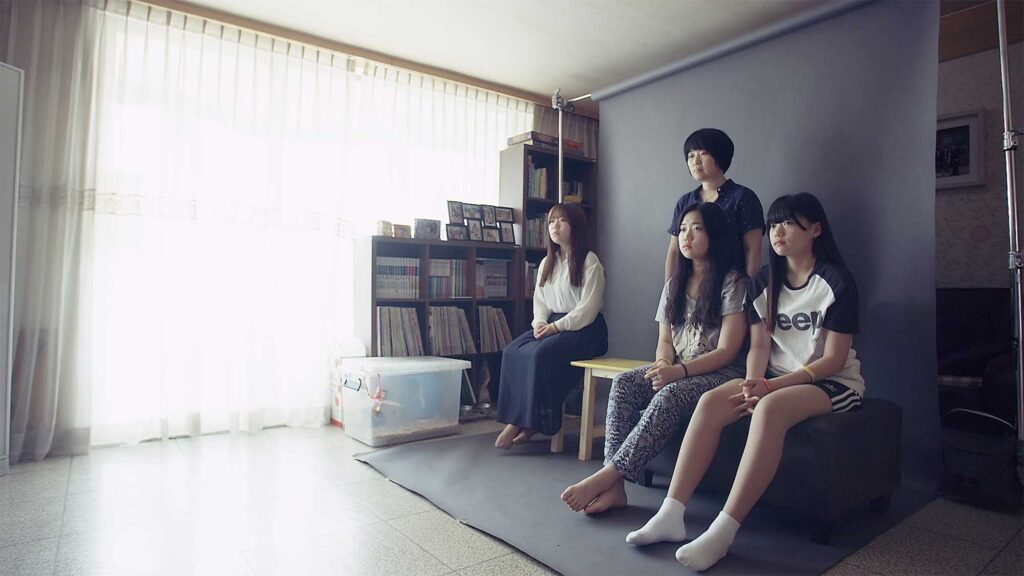Last Letters: A Thought-Provoking Exploration Recognized by Short of the Week

LAST LETTERS has garnered attention as a noteworthy feature on SHORT OF THE WEEK. SOTW is a respected platform that highlights films considered among “the greatest and most innovative stories from around the world.” This curated selection of films has been captivating audiences globally since 2007.
Dive into the thought-provoking exploration of LAST LETTERS on Short of the Week by following this link. Additionally, explore Jason Sondhi’s insightful review, situated just below the film, offering a nuanced perspective on the film’s impact.
In the realm of short films, LAST LETTERS unfolds as a poignant exploration, earning recognition for its thoughtful storytelling and compelling visuals on SOTW. Discover how this film has resonated with audiences worldwide, prompting reflection on its emotive themes and distinctive approach to cinematic storytelling.
Unveiling the Collaboration: Levi Patel’s Unique Proposition Sparks Last Letters
The genesis of LAST LETTERS can be traced back to a unique proposition from Levi Patel. The musician reached out to the filmmaker with an offer to collaborate on an audio-visual project. Steering clear of conventional music video norms, both Patel and the filmmaker sought to create something distinct. Inspired by a previous collaboration on the Sigur Rós video, URBAN ISLAND, they envisioned a crossroads between documentary and fiction.
From Bikini Words to Last Letters: Exploring Korea’s Multifaceted Stories
The journey began with BIKINI WORDS, a documentary blending fiction and reality. It explored the vocabulary born out of South Korea’s industrialization. This marked the inception of a trilogy centered around Korea’s multifaceted stories. Among the topics was the Sewol ferry tragedy, a poignant event that had deeply affected the nation.
Shedding Light on the Unseen: Last Letters Unveils the Aftermath of the Sewol Tragedy
The motivation behind LAST LETTERS was rooted in shedding light on the aftermath of the Sewol tragedy. It has been a significant yet often overlooked chapter in Korean history. Frustrated by the government’s response, families affected by the tragedy took matters into their own hands. They organized protests and were seeking justice. In a time where government censorship is on the rise, the film aims to offer a unique perspective, free from the constraints of traditional journalism.
Navigating Emotional Depths: Building Trust with Families in Last Letters
Engaging with the families of the victims was no easy feat, requiring delicate handling of emotional sensitivities. The filmmaker invested considerable time in building trust with various representative groups. It was important to ensure each family’s story was portrayed with fairness and empathy. The resulting interviews, though emotionally challenging, aimed to strike a delicate balance, avoiding the exploitation of grief for cinematic effect.
Harmony in Tragedy: Levi Patel’s Music Sets the Emotional Tone in Last Letters
Central to the film’s emotional resonance is the music by Levi Patel. Acknowledging the power of music in enhancing mood, the filmmaker’s collaboration with Patel brought forth a nuanced blend of documentary and music video elements. The subtlety of Patel’s music allowed the film to transcend genres, offering a unique viewing experience that focuses on the families’ narratives.
People-Centric Storytelling: Last Letters and the David vs. Goliath Struggle
In essence, LAST LETTERS adheres to the filmmaker’s core approach of putting people at the heart of storytelling. The David versus Goliath struggle of the Sewol families becomes a visual journey, highlighting the importance of remembering a tragedy that has faded from the international spotlight.
Beyond Last Letters: A Glimpse into the Filmmaker’s Future Endeavors
As the filmmaker reflects on the completion of LAST LETTERS, attention turns to the future. A recently wrapped feature documentary titled THIS ISLAND IS OURS explores sovereignty claims over islets controlled by Korea and claimed by Japan. Additionally, the filmmaker has completed the last installment of a Korea-related trilogy, PLASTIC GIRLS, tackling issues of space, memory, and societal questions.
Last Letters stands not only as a cinematic achievement but also as a poignant tribute to the resilience of those affected by tragedy—a reminder that storytelling, when approached with empathy and authenticity, has the power to inspire change and provoke thought.



